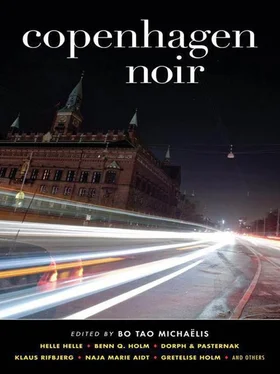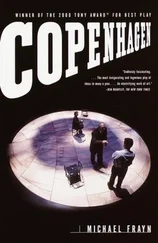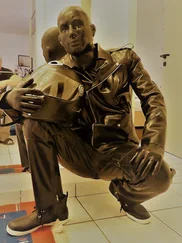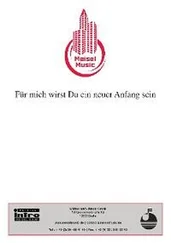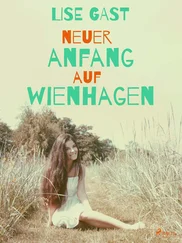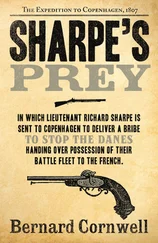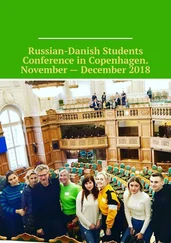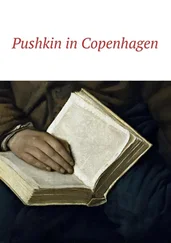I see Lucille, like a shadow behind her mother. I hear the front door slam behind me. I haven’t seen her since. At one point I heard in a roundabout way that Isabel had died, but I didn’t write Lucille, didn’t even send a funeral wreath. Suddenly I got an e-mail from her in September, and that’s when I knew I had to find her. If she’s still alive. I listen to the wind, a few cats hissing and howling in the courtyard, the faint sound of groaning intercourse from somewhere in the building. If she’s still alive.
I spend the next few days sniffing around the neighborhood: Vendersgade, Farimagsgade, the other street leading to the lakes. The old hospital the university has taken over, the Botanical Gardens and its hothouses and meticulously laid beds and paths. The weather improves, clear and cold, the light is fantastic around four, five o’clock when the sun sets at the end of Nørrebrogade. I eat at the wine bar on Nansensgade. Tapas and a bottle of intense, full-bodied Bordeaux. Lurch back to the room at midnight, half-drunk. On Tuesday I catch sight of a surprisingly pretty face in the bakery. It turns out to be Lucille’s childhood friend Kirsten. She recognizes me. And I recognize her from her smile and thick, copper-colored hair. She gives me a hug. “How are you? How’s Lucille doing?” she asks. “I was just about to ask you the same question. I’m trying to get hold of her.” “I haven’t seen her for several months. She was living with that guy Dmitrij down on Turesensgade. But I’m sure you know that.” “Dmitrij?” “Yeah. But I think she moved out. He’s Russian. He speaks Russian, anyway. I think.” She remembers their street number. I scratch it down on the bakery receipt. We chat for a while, she says she still lives here in her old neighborhood, I give her a short version of my life in New York, make it sound more glamorous than it is. I say that I’m here to see Lucille. That I’ve come to see her again after all these years. She says that they are still friends. That she had been really happy when Lucille suddenly showed up. And she talks about this Dmitrij: “He seemed to be a little… rough,” she says, “or… it surprised me, Lucille picking that kind of boyfriend. She’s a totally different type.” I don’t know what type Lucille is. I don’t tell her that. Kirsten goes on: “He wasn’t exactly a friendly person, or how should I say it? I was actually a little afraid of him, that sounds crazy, but I was. I only visited them once.” I nod. We walk toward Ørstedsparken, she has to pick her daughter up at daycare. “You look almost the same,” she says, with a sudden tenderness in her voice, “it must be nearly… eighteen years since I last saw you.” We look into each other’s eyes a moment. “You spilled something red on your shirt,” she says, pointing at my chest, “is it wine?” She laughs at me. I follow her with greedy eyes until she turns a corner, and I’m ashamed of the desire rising up in me; her gait is light and feathery, she wears a short jacket that fits snugly across her back. I look down at myself, the large wine stain. My shirt is crookedly buttoned too.
Lucille wrote: I think I’m in danger. Don’t know where to hide. Can’t go to the police. Can you help me? I read her e-mail again. I wrote back immediately after it came. She never answered. I slip on my jacket and walk down to meet Dmitrij on Turesensgade.
* * *
A woman with two small children lets herself out, I stick my foot in before the door closes. The hallway has recently been renovated, like most of this city. Everything has changed since I lived in the neighborhood with Isabel: the façades have been repaired, roses and trees planted, buildings in rear courtyards torn down in favor of “common-area environments.” It no longer looks like a city, but more like a residential district; the bars, the butcher, the tobacco shops have disappeared, replaced by stores with organic chocolate and expensive children’s clothing. It’s clean and orderly. But you can still get a tattoo, I see, and even though that shop also has an attractive, exclusive look, it seems they mostly do piercing. Andreev is the name on the door. I knock. And knock again. Just as I turn to walk away the door is flung open. A man in a crewcut, midthirties, stares at me. Narrow, steel-gray eyes, pale skin. “What do you want?” he asks. He nearly spits the words out. “I’d like to talk to Lucille.” “She doesn’t live here anymore.” “Where does she live?” He shrugs his shoulders. “How should I know? She’s gone.” “Gone? Where to? Out of the country?” “Don’t know.” I hear muffled voices in the apartment, chairs scraping. Russian is spoken. I get a glimpse of a long-haired, dark-skinned man, he lights a cigarette. The door slams shut.
In the evening I go for a walk in Ørstedsparken. The homosexuals’ park. A young guy comes up to me when I sit down on a bench by the public bathrooms. I politely turn down his offer. Two panting men walk out of the bushes. There is a lot going on here. Men of all ages circulate, stop, eye each other from head to toe, ask for a light, talk for a while, move further inside the park, or use the little houses on the playground behind me. Everything seems very straightforward and efficient. Yellow lights shine over the bridge, giving the lake a dreamlike, foggy look, the wind whips the last leaves off the trees. The night air is cold. I stand up and head toward Israels Plads, the square where the hash dealers hang out. That’s also something new: in the old days you had to go out to Christiania to buy the stuff. The Free Town, which nowadays is also being “normalized.” Everything has to be “cozy,” a terrible idea for a city. A group of nearly grown boys with Mideastern roots shiver under a streetlight, talking and playfully shoving each other. While I smoke a cigarette, several customers approach them and buy whatever they are looking for. Wonder if it’s only hash. The boys aren’t a day over seventeen. A police car drives by and the boys scatter quickly into the dark. I buy a cup of coffee in the 7-Eleven and wait for a half hour on a bench with a good view of the square. Then I recognize the dark, long-haired Russian. It looks like he’s collecting from the boys. But evidently there is a problem, one of the boys raises his voice, wants to discuss something, the longhair starts shouting, threatening, his fist right under the boy’s chin. Everything is quiet. They look at the ground. I decide to follow him. He walks up to Nørreport Station and hails a cab. I hop in a second cab and tell the driver to follow them. I can see him counting money in the backseat. Running his fingers through his hair. We head toward Sydhavnen. Out here the wind whips up. The car stops at an empty lot down by the harbor. I ride farther on and get out behind the cover of a wooden fence. It’s icy cold, below freezing. I breathe white clouds. I check my watch: one-thirty. From here I can see the Russian pacing back and forth, talking loudly on the phone, gesturing. Then they appear out of the dark. Five-seven-nine girls. Young and black. He collects again. One of the girls stays in the background. He calls her over. She backs away. But then she walks over to him anyway, and he keeps her there while the others head back toward the harbor in their thin clothes. I’ve read about these girls, especially the ones from Gambia, in the Danish paper I still get. They are held as prostitutes here, often under threat and against their will. They are promised a life of luxury in cozy little Copenhagen. And end up as slaves. The Russian slaps the girl. Slaps her again. Hisses something or other in her face while clenching her chin. Then he brutally shoves her away; she stumbles and falls, he turns and walks quickly back to the street. I want to help the girl up. But I plod after the Russian. For a long time, through deserted streets. We’re almost up to Enghave Station before he finally flags a taxi.
Читать дальше
